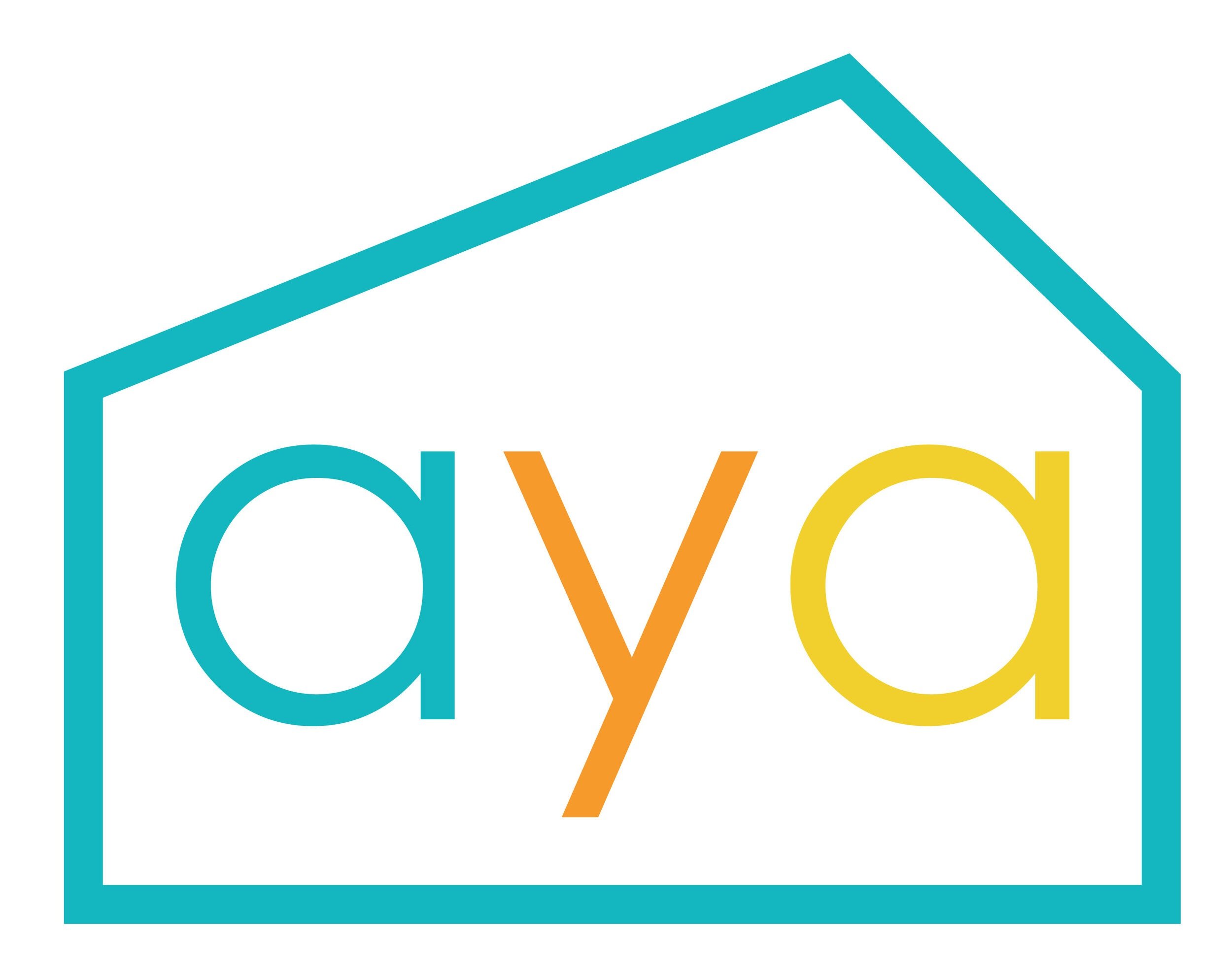About
Founding Story
AYA was founded by a group of parents, educators, and artists inspired by the potential to create an authentic Montessori learning community for their children. In 2014, its founding team including AMI Montessori-trained guides formed the school and established its unique spiritual identity along with a grounded and creative curriculum for its supplemental programs. Aya holds many meanings in different languages: model, miracle, colorful, beautiful, and to fly.
In 2016, we opened our first classroom at a humble location in Elkridge, MD with a capacity of 40 children. 5 years later, we ventured into a new journey during the scariest time our generation has witnessed. The Aya Founding team found a new home for the community that supports the health and holistic well-being of our children and educators. In 2021, an entire building was transformed inside out and prepared just in time for 120 new children starting a new academic year. This building was designed with purpose and thoughtfulness as a Montessori School. Now, Aya’s community is reaching nearly 200 students and 35 educators between ages 2-12 all under one roof.
OUR MISSION
Aya Montessori’s Mission is to nurture the mind, body, and soul of future generations and protect their innate nature (Fitrah-فطرة) through spiritual, social, and intellectual growth grounded in traditional Islamic Education and authentic Montessori education.
THE AYA TENets
تدبر (Tadabbur) and Reflection: Encourage students to reflect deeply upon Islamic teachings and connect them to their everyday lives. Provide opportunities for contemplation, discussion, and personal introspection to enhance their understanding of the faith.
احترام (Ihtiram) and Respect: Emphasize the importance of respecting oneself, others, and the environment. Respect each child’s unique nature and interests. Teach students to value diversity and cultivate a sense of empathy, kindness, and consideration for others, both within the school community and the wider society.
استقلالية (Istiqlaliya) and Independence: Foster an environment that nurtures independence and self-directed learning. Encourage students to explore and discover knowledge while developing critical thinking skills, decision-making abilities, and a strong sense of responsibility for their own education.
إحسان (Ihsan) and Spiritual Excellence: Integrate Islamic values and teachings into the Montessori curriculum, focusing on nurturing the students' spiritual development alongside their academic growth. Encourage acts of kindness, compassion, and mindfulness, promoting the pursuit of excellence in all aspects of their lives.
تهذيب (Tahdhib) and Discipline: Teach students the importance of self-discipline and self-control. Instill a strong moral compass rooted in Islamic teachings, promoting Prophetic character, manners, and ethical behavior.
صحبة (Suhba) and Community Building: Create a sense of unity and collaboration among students, teachers, and parents. Encourage teamwork, cooperation, and mutual support, and provide opportunities for community service and involvement in initiatives that benefit society at large.
خلافة (Khilafa) and Stewardship: Teach students about their role as stewards of the Earth and emphasize the importance of environmental sustainability. Encourage responsible behavior towards the environment, promote conservation, and instill a sense of responsibility to protect and care for the natural world.

